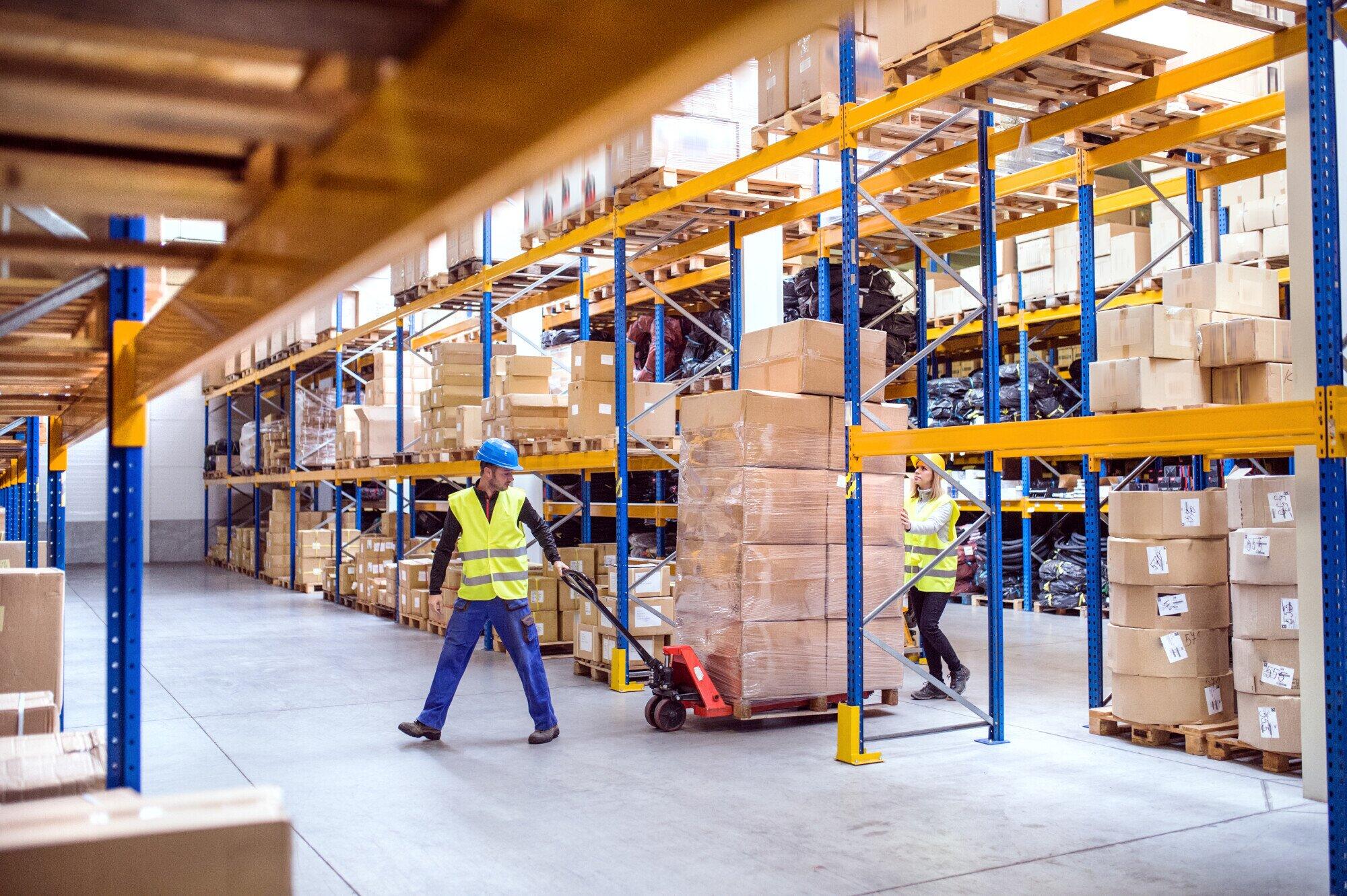Warehousing is a critical component of the supply chain. It serves as the backbone for efficient storage, management, and distribution of goods.
So when it comes to different types of warehouses, there is no one-size-fits-all solution. Different industries and businesses have different warehousing needs. They vary based on the type of goods being stored, the volume and frequency of shipments, and other factors.
In this article, we will explore different warehouses types and their specific functions. Let’s dive in!
Public Warehouses
Public warehouses are owned and operated by third-party companies. They offer storage and distribution services to many clients. These services are available for a short-term or long-term basis.
These warehouses are beneficial for small businesses. They are also great for businesses with seasonal fluctuations in demand.
Public warehouses cuts the need for businesses to invest in their own facilities. This can help reduce operational costs.
Private Warehouses
Private warehouses are owned and operated by the company that owns the goods being stored. These storage facilities are usually used for long-term storage of goods.
They offer more control and customization options compared to public warehouses. Private warehouses can be designed to meet the unique needs of a business.
However, this also means that companies have to bear the full cost of owning and operating the warehouse. This can be a investment for small businesses.
Distribution Centers
Distribution centers play a crucial role in the supply chain. They serve as a centralized location for businesses. It is where they receive, store, and distribute goods to customers.
These centers are near major transportation hubs such as ports, airports, and highways. This allows for quick movement of goods to their final destination.
These 3PL warehouse storage centers also provide value-added services. They provide packaging, labeling, and order fulfillment. This helps businesses to streamline their logistics processes.
Cold Storage Warehouses
Cold storage warehouses are for the storage of goods with temperature needs. These can include perishable items such as food, medicine, and chemicals.
These warehouses also have refrigeration systems. They maintain a temperature range required for the stored goods. This ensures that the products remain fresh and safe for a long time.
Cold storage warehouses are essential in industries. This includes agriculture, pharmaceuticals, and retail. They help businesses to maintain the quality of their products.
Bonded Warehouses
Bonded warehouses are often used for the storage of imported goods. These warehouses are supervised by customs officials. They allow businesses to store goods without paying duties or taxes.
This allows businesses to delay payment until the goods are sold. It also provides flexibility in managing cash flow. So it can be beneficial for businesses that deal with international trade.
Automated Warehouses
Automated warehouses are becoming increasingly popular in the modern supply chain. These facilities use advanced technology and robotics to streamline operations.
They are designed to cut human involvement, reducing the risk of human error. This also allows for faster and more efficient handling of goods.
Different Types of Warehouses: The Importance of Choosing the Right One
As we can see, there are various types of warehouses to choose from. Each one has its own unique functions and benefits. It is crucial for businesses to carefully consider their warehousing needs before deciding on a specific type.
The right warehouse can help businesses save on costs and improve efficiency. It can ultimately contribute to overall success in the supply chain. So it is important to evaluate the specific requirements and make an informed decision.
Did you find this article helpful? If so, check out the rest of our site for more.





Be First to Comment